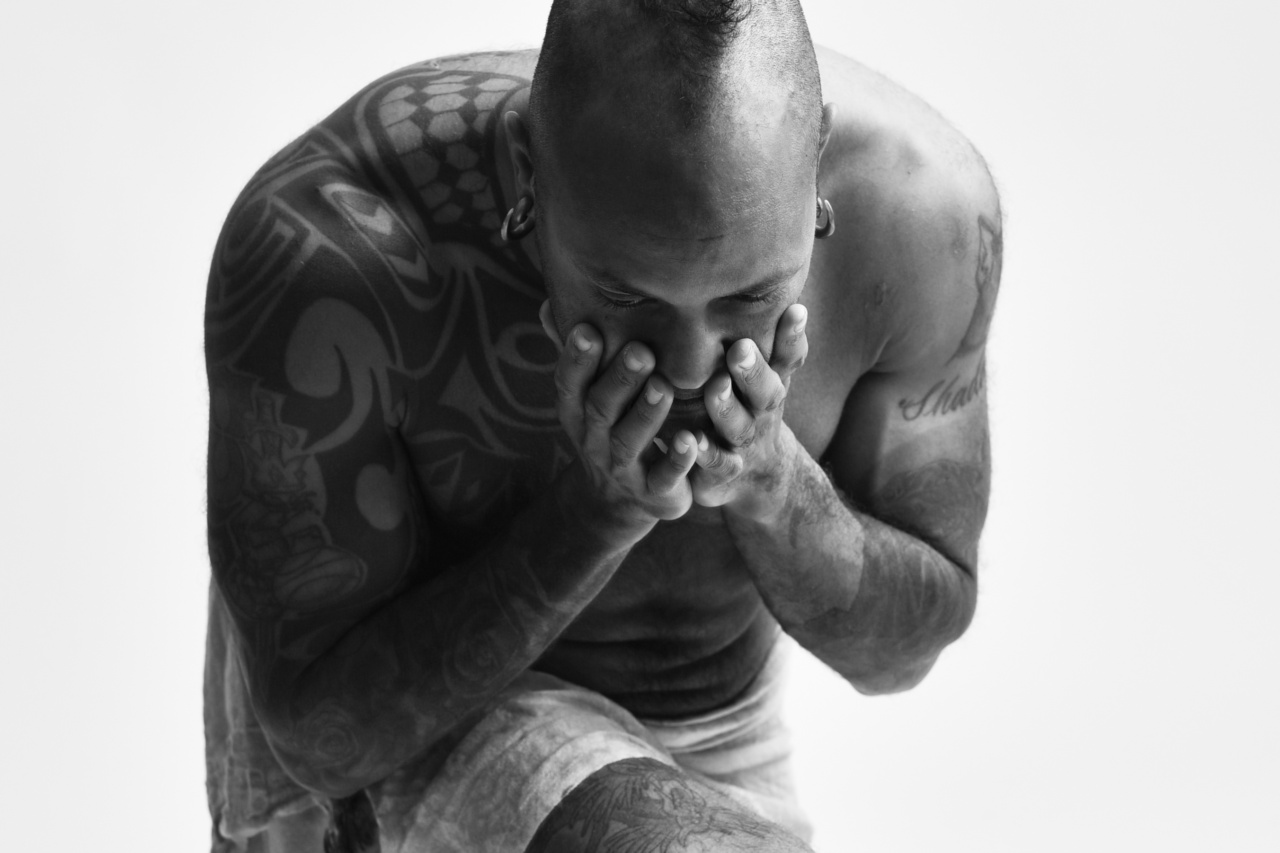If you have a weak immune system, getting a tattoo can put you at risk of getting an infection. Tattoos involve piercing the skin with a needle to deposit ink beneath the surface.
This process can lead to a weakened immune system if the tattoo is not done properly or if the person getting the tattoo is already susceptible to infections.
1. Tattooing Over Scar Tissue
Tattooing over scar tissue can be risky for people with a weak immune system. Scar tissue is less flexible and more prone to infection. When a needle punctures the scar tissue, it may cause more trauma, leading to a weaker immune response.
2. Tattooing on the Feet
Tattooing on the feet can be problematic for people with a weak immune system. The skin on the feet is thicker than other parts of the body, making it harder for the body to fight off infection.
In addition, the feet are often exposed to moisture and bacteria, increasing the risk of infection.
3. Tattooing on the Hands
Hand tattoos are also not recommended for people with a weak immune system. Like the feet, the hands are exposed to moisture and bacteria, and the skin is thick.
In addition, the hands are used more frequently than other parts of the body, which can make it harder for the skin to heal.
4. Tattooing on the Neck
Tattooing on the neck can be risky for people with a weak immune system. The neck is a sensitive area, and the skin is thinner than other parts of the body. As a result, it is more prone to infection.
In addition, the neck is exposed to sun and wind, which can make it more difficult for the skin to heal.
5. Tattoos on the Face
Facial tattoos should be avoided by people with a weak immune system. The face is a delicate area, and the skin is thin. In addition, the face is exposed to sunlight, which can make it more difficult for the skin to heal.
Finally, facial tattoos are often more visible than other tattoos, which can make them more difficult to hide if an infection occurs.
6. Tattoos in Areas with High Friction
Tattoos in areas with high friction, such as the armpit or groin, can be problematic for people with a weak immune system. These areas are prone to moisture and bacteria, which can lead to infection.
In addition, the constant movement and friction in these areas can make it harder for the skin to heal.
7. Tattoos with Metallic Ink
Metallic ink tattoos should be avoided by people with a weak immune system. Metallic ink can contain metals such as nickel and copper, which can cause an allergic reaction in some people.
In addition, these metals can cause the skin to become more susceptible to infection.
8. Tattoos with White Ink
Tattoos with white ink may also be problematic for people with a weak immune system. The reason is that white ink can be difficult to see, making it more difficult to identify an infection.
In addition, white ink may contain titanium dioxide, which can cause skin irritation and even cancer.
9. Tattoos Done in Unsterile Environments
Tattoos done in unsterile environments should be avoided by people with a weak immune system. Tattoo needles should be sterilized before use to prevent the spread of infection.
In addition, the tattoo artist should wear gloves and use sterile equipment to prevent the spread of bacteria. If these precautions are not taken, the risk of infection increases.
10. Tattoos Done by Untrained Artists
Tattoos done by untrained artists can be risky for people with a weak immune system. Tattooing requires skill and precision, and if the artist is not trained, the risk of infection increases.
In addition, the artist may use the wrong type of ink or needle, which can cause an allergic reaction or infection.
Conclusion
If you have a weak immune system, it’s important to be cautious about getting a tattoo.
Avoid tattooing over scar tissue, tattooing on the feet or hands, tattooing on the neck or face, tattooing in areas with high friction, and tattoos with metallic or white ink. In addition, make sure that the tattoo is done in a sterile environment and by a trained artist. With proper precautions, you can safely get a tattoo and enjoy this form of self-expression.





























